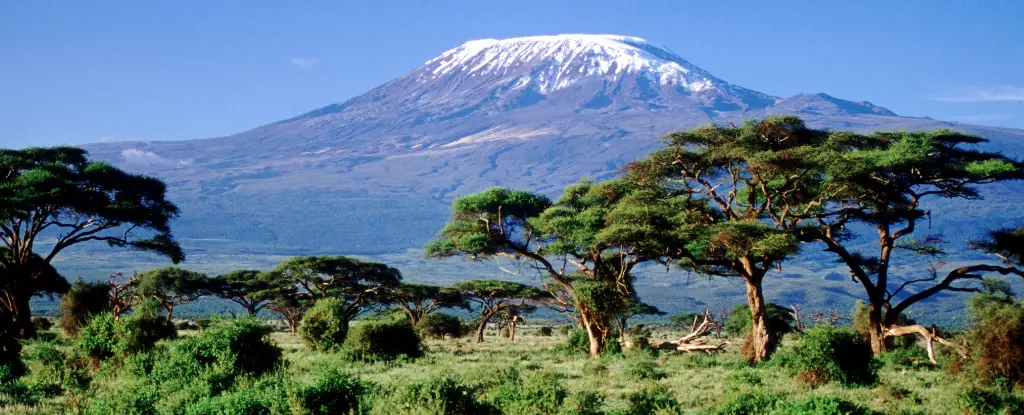Africa boasts a tapestry of cultures, each with its own culinary traditions that have nurtured generations. These diets, rich in vegetables, grains, fruits, and fermented goods, have historically contributed to robust gut and metabolic health for millions. Genetically, these foods are better aligned with the bodies of many African populations; however, there is an ominous shift underway as Western dietary influences seep into urban and rural settings alike. The rapid adoption of high-calorie, heavily processed foods poses a severe threat, not just to individual health, but to the very fabric of African culture itself.
In recent discussions about nutrition, much of the focus has been misplaced, often fixating on cultures like the Mediterranean or Japanese eating habits. While valuable, this narrowed approach neglects the rich potential of African traditions. Researchers like Quirijn de Mast from Radboud University Medical Center are beginning to shed light on this critical oversight. The studies reveal an astonishing reality: the transition from a Kilimanjaro-style diet to a Westernized one not only compromises health but alters an entire lifestyle in a heartbeat.
The Shocking Study
De Mast’s study serves as a cautionary tale, investigating how rapidly diet can change health outcomes for northern Tanzanians. Within mere weeks, the transition from wholesome traditional foods—like ‘kiburu’ (a comforting mix of boiled green plantains and kidney beans) and ‘mbege’ (a fermented beverage of banana and millet)—to Western fare laden with sausages, white bread, and sugary condiments resulted in dire health repercussions. This alarming transformation is not merely theoretical; it is a tangible testament to how diet can affect our immune system and metabolism.
Participants who switched to the Western diet displayed increased levels of inflammatory proteins and signs of metabolic dysfunction. Their immune responses weakened significantly, rendering them more susceptible to a variety of pathogens. Meanwhile, those who reverted back to their traditional diets observed improvements in their health metrics almost immediately, highlighting the profound and rapid impact food can have on our bodies.
A Call to Action
This research serves as a crucial reminder that food is not just sustenance but an embodiment of cultural identity and heritage. The implications extend far beyond individual health; they speak to the preservation of collective identity amid globalization’s relentless tide. It is imperative to recognize the risks posed by the Westernization of diets that impose a myriad of health challenges on communities previously nourished by nature’s bounty.
With rising emigration patterns, many Africans moving to Westernized nations face an uphill battle in retaining traditional dietary habits. The allure of convenience and novelty in Western foods can obscure the long-term health risks associated with them. Communities must remain vigilant and proactive in preserving their culinary heritage, viewing traditional diets not as relics of the past but as living practices essential for ongoing health.
The Broader Impact on Global Nutrition
De Mast’s findings should provoke a larger conversation about global dietary habits. As we observe these health patterns, it becomes clear that traditional diets worldwide offer invaluable lessons in nutrition and well-being. Rather than adopting a one-size-fits-all approach, we must celebrate diversity in food systems. Encouraging individuals to explore traditional diets might empower them to enrich their health while championing culinary heritage.
The takeaway from this research is not merely scientific; it is deeply personal and societal. If we truly care about holistic health—considering both physical and cultural well-being—we must educate ourselves about the distinct advantages that traditional foods provide. It is high time we support initiatives that advocate for the consumption of foods rooted in local agricultural practices instead of defaulting to industrialized alternatives.
A diet rich in traditional foods could mean the difference between vibrant health and chronic disease, particularly in populations facing lifestyle changes due to globalization. The study’s results provide a clarion call: we must protect the nutritional treasures locked in Africa’s diverse culinary landscape. Preserving these diets equates to safeguarding health, identity, and resilience against the looming dangers of Western dietary assimilation. It’s not merely about nourishment; it’s a battle for cultural survival in the kitchen.


Leave a Reply